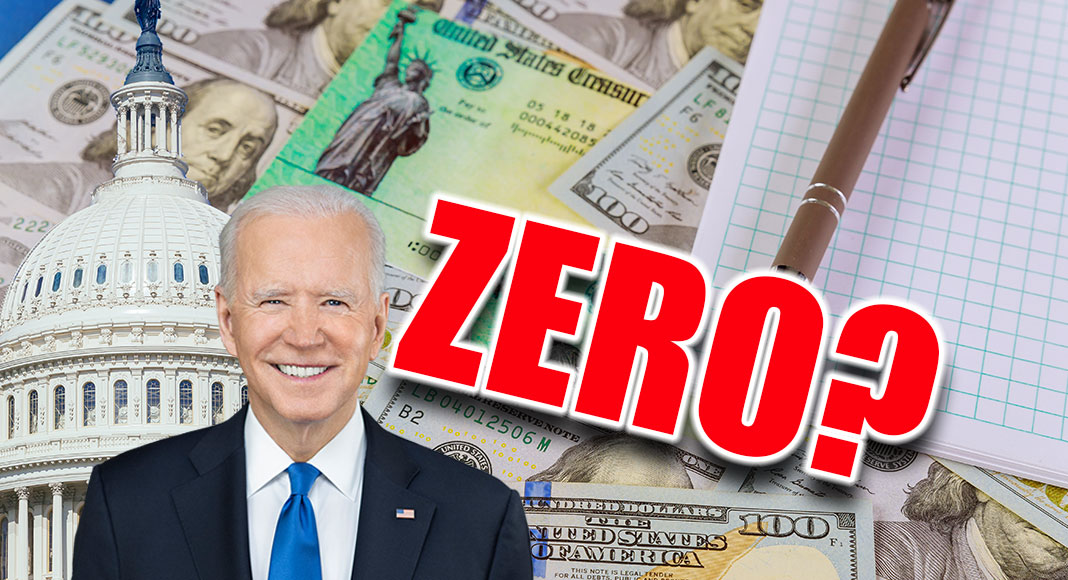
Texas Border Business
By M. Ray Perryman
Recent quotes from many politicians claim that the proposed $3.5 trillion spending bill costs “zero.” Just in case you were wondering, this is not so. Even if taxes are raised by enough to theoretically cover the costs (a problem in and of itself given the methods and time periods used to arrive at this conclusion), there are nonetheless negative effects on individuals, families, corporations, and the economy.
It obviously is costly to provide needed public services and funding them is embedded in our basic social contract. Given that we currently only “pay” for about 2/3 of federal spending, additional revenues (as well as reductions in unneeded and inefficient programs) will be required in the future.
Much of the proposed change restores personal and corporate income tax rates to approximately where they were before the most recent cuts. Given that the economy performed well for many years with these rates, they represent reasonable avenues to explore, as do provisions to minimize unintended tax avoidance (although the magnitude of this source is commonly exaggerated).
It must be recognized, however, that even necessary revenue increases are not without consequences. Higher income individuals already pay a huge percentage of all taxes and provide the savings that facilitate capital formation. Escalating corporate tax rates alters the cost of capital in the US relative to other countries and potentially fosters outflows of investment (and, hence, output and income) elsewhere. In addition, if taxes rise on businesses, a portion of the cost will ultimately be borne by consumers (through higher prices) and workers (through lower wage increases).
One highly problematic proposal relates to capital gains treatment and, in particular, how assets are taxed at death. Many studies have shown that the proposed change could negatively affect businesses ranging from family farms and ranches to small, entrepreneurial ventures, resulting in a lower rate of business formation and sustainability (and, hence, fewer new jobs).
It must further be recognized that the public sector is generally less efficient in using resources than the private sector. In many situations, it’s preferable to incentivize individuals and businesses to achieve desired outcomes over funding large public initiatives. Any withdrawals from the private sector should be fully justified and meet legitimate needs.
Taxes are essential to finance the public services that we all need and desire. However, excessive levies harm competitiveness and reduce opportunities for everyone. Basic bookkeeping is not enough. New taxes set off a chain of behavioral responses which impact their ultimate effects. As I am writing, negotiations are underway to pare down this massive measure, which is a good thing. Pretending that a multi-trillion-dollar spending bill costs nothing because it is purportedly offset by tax increases is simply wrong. Stay safe!
______________________________________________________________________
Dr. M. Ray Perryman is President and Chief Executive Officer of The Perryman Group (www.perrymangroup.com), which has served the needs of over 2,500 clients over the past four decades.














